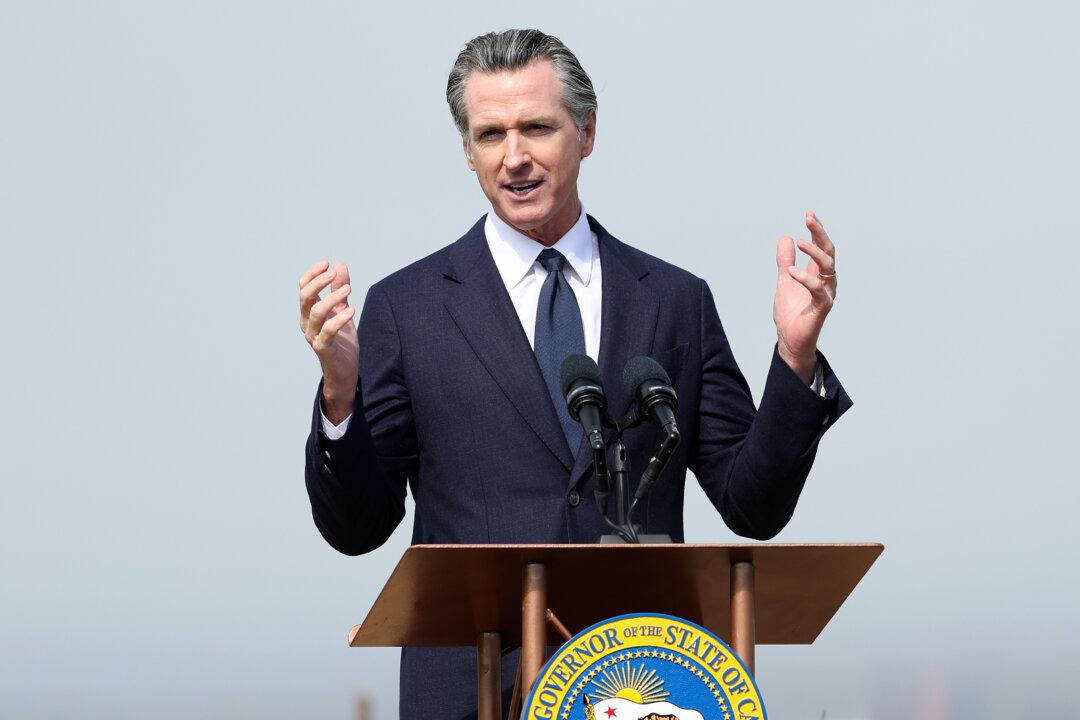California announced the launch of a new climate initiative this week, pledging to reduce methane emissions and encouraging local governments, such as municipalities and provinces, to join in.
The Subnational Methane Action Initiative was launched by Gov. Gavin Newsom at the recent Climate Week in New York City—an annual event coordinated by the city and the United Nations—with signatories from Mexico, South Africa, Brazil, Nigeria, and India, according to a Sept. 20 press release by the California Air Resources Board, the state’s agency for air pollution control.





